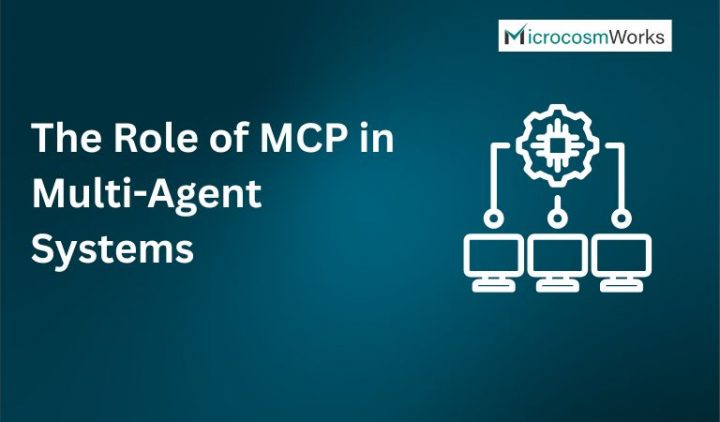Introduction
Multi-Agent Systems (MAS) are increasingly becoming the backbone of modern AI-driven solutions. These systems consist of multiple intelligent agents that collaborate, communicate, and coordinate to solve complex problems, ranging from logistics and supply chain optimization to autonomous vehicles and smart energy grids. One lesser-discussed but critical component that enhances the effectiveness of MAS is MCP (Multi-Channel Protocol). In this article, we examine the importance of MCP in multi-agent systems and its impact on improving performance, communication, and decision-making.
What is MCP?
MCP, or Multi-Channel Protocol, is a communication protocol designed to facilitate robust, efficient, and scalable interactions between multiple agents in a system. Unlike traditional single-channel communication protocols, MCP allows agents to communicate simultaneously over multiple channels, ensuring faster information flow, reduced bottlenecks, and higher reliability.
How MCP Enhances Multi-Agent Systems
- Efficient Communication
In MAS, agents often need to exchange real-time data to coordinate actions. MCP enables multiple agents to transmit information concurrently, reducing delays and improving synchronization. - Scalability
As the number of agents grows, communication can become a bottleneck. MCP allows systems to scale smoothly by managing multiple communication channels, preventing overload on any single channel. - Robustness and Reliability
MCP ensures that even if one channel fails, communication can continue through alternative channels. This redundancy is crucial for mission-critical MAS applications, such as autonomous drones or smart traffic management. - Improved Decision-Making
By facilitating faster and more reliable data exchange, MCP allows agents to make informed decisions in real-time, improving the overall efficiency of the system. - Flexibility in Protocol Design
MCP supports adaptive channel allocation and dynamic message routing, making it easier to implement custom communication strategies for specialized MAS applications.
Applications of MCP in Multi-Agent Systems
- Autonomous Vehicles: Multiple vehicles communicate in real-time to optimize routes, avoid collisions, and manage traffic efficiently.
- Smart Grid Management: Energy distribution agents use MCP to coordinate electricity flow and respond to fluctuating demand.
- Robotics and Manufacturing: Factory robots exchange sensor and task data to maintain seamless operations.
- Supply Chain Optimization: Agents monitor inventory levels, shipments, and demand forecasts, making the supply chain adaptive and resilient.
Conclusion
MCP plays a vital role in enhancing the efficiency, reliability, and scalability of multi-agent systems. As MAS continues to grow in complexity and adoption across industries, implementing robust communication protocols like MCP will become essential. For businesses looking to leverage MAS, understanding and integrating MCP can be the key to smarter, faster, and more coordinated agent-based solutions.




